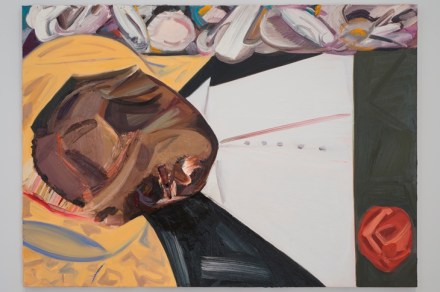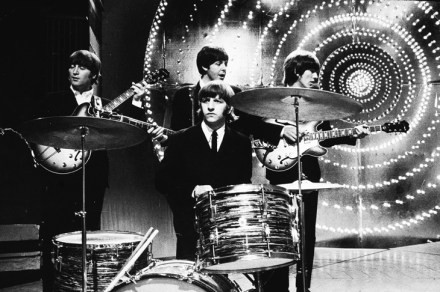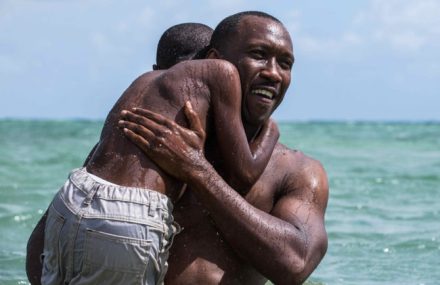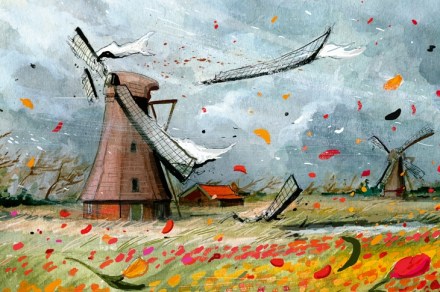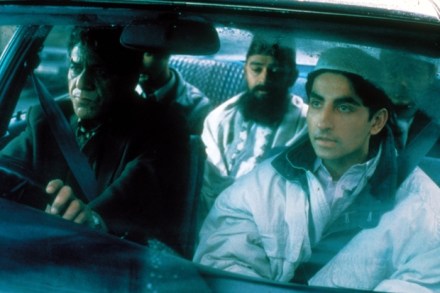Making sense of an unjust world
These three timely works of creative nonfiction explore the question of race: chronicling histories of colonialism and migration; examining the institutionalisation of prejudice; and charting movements of change and the resistance to change. Maxine Beneba Clarke’s memoir, The Hate Race, tempers a tale of schoolyard trauma with gentle humour; Reni Eddo-Lodge’s debut, Why I’m No Longer Talking to White People About Race, is a broadside, a roar of outrage; while Eula Biss’s elegantly structured essays in Notes from No Man’s Land are delivered with a deceptively quiet insistence that nevertheless leaves the reader shaken. They focus, respectively, on Australia, Britain and the United States. ‘Racism is a shortcoming of the










